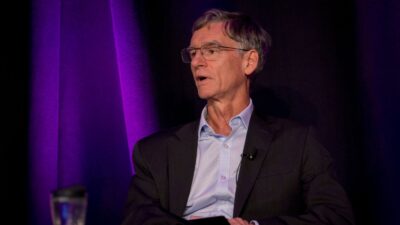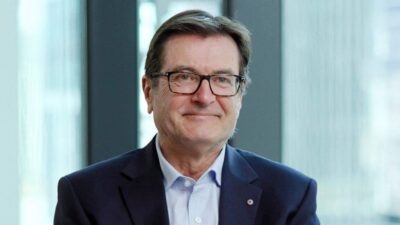-
Sort By
-
Newest
-
Newest
-
Oldest
Large asset owners will need to develop a new risk management approach amid increasingly fraught political and investment conditions, according to a new Thinking Ahead Institute study.
High returns help, but what’s more important is trust, accountability, and making sure that the remuneration structures aren’t “really cheeky”.
There’s around 15,000 hedge funds in the world – but how many of them are really hedge funds? When you’re looking for non- or less-correlated returns, it might pay to stay away from a long bias.
Funds that want to take the total portfolio approach first need to get the total portfolio view. To do that they not only need data – and lots of it – but a rock-solid understanding of exactly how they’re going to use it.
If there’s one lesson for investors from the past five years, it’s that chopping and changing their strategy – even in the face of massive market turmoil – doesn’t always pay.
Investors have concluded “ABC” – Anything But China – but there’s a compelling case for this calculated risk, according to Ruffer’s Duncan MacInnes.
Your Future, Your Super makes it harder for funds to push deeper into some sustainable investment strategies, but has “counter-intuitively” resulted in funds looking to take a more complex approach to stewardship.
Finance minister Katy Gallagher has confirmed that she held informal talks with the sovereign wealth fund’s Board of Guardians amidst speculation its mandate could be changed to align it with the transition to net zero.
Family offices are a lucrative target for cybercriminals, but few have a plan for dealing with attacks, even in the face of steep reputational, operational and financial damage.
Super funds have been able to earn “enormously good returns” from strong economic tailwinds and a calm geopolitical backdrop, but that period of stability is now at an end, and they’ll have to adapt to a more uncertain world.
Single default balanced options still rule superannuation even as it becomes increasingly clear that every member needs an investment strategy that more closely matches their age and risk profile.
Global equities, machine learning mandates and trend following in cocoa markets helped NZ Super to generate 14.9 per cent for the year, but the fund just undershot its own benchmark even as it remains ahead of return expectations.
















